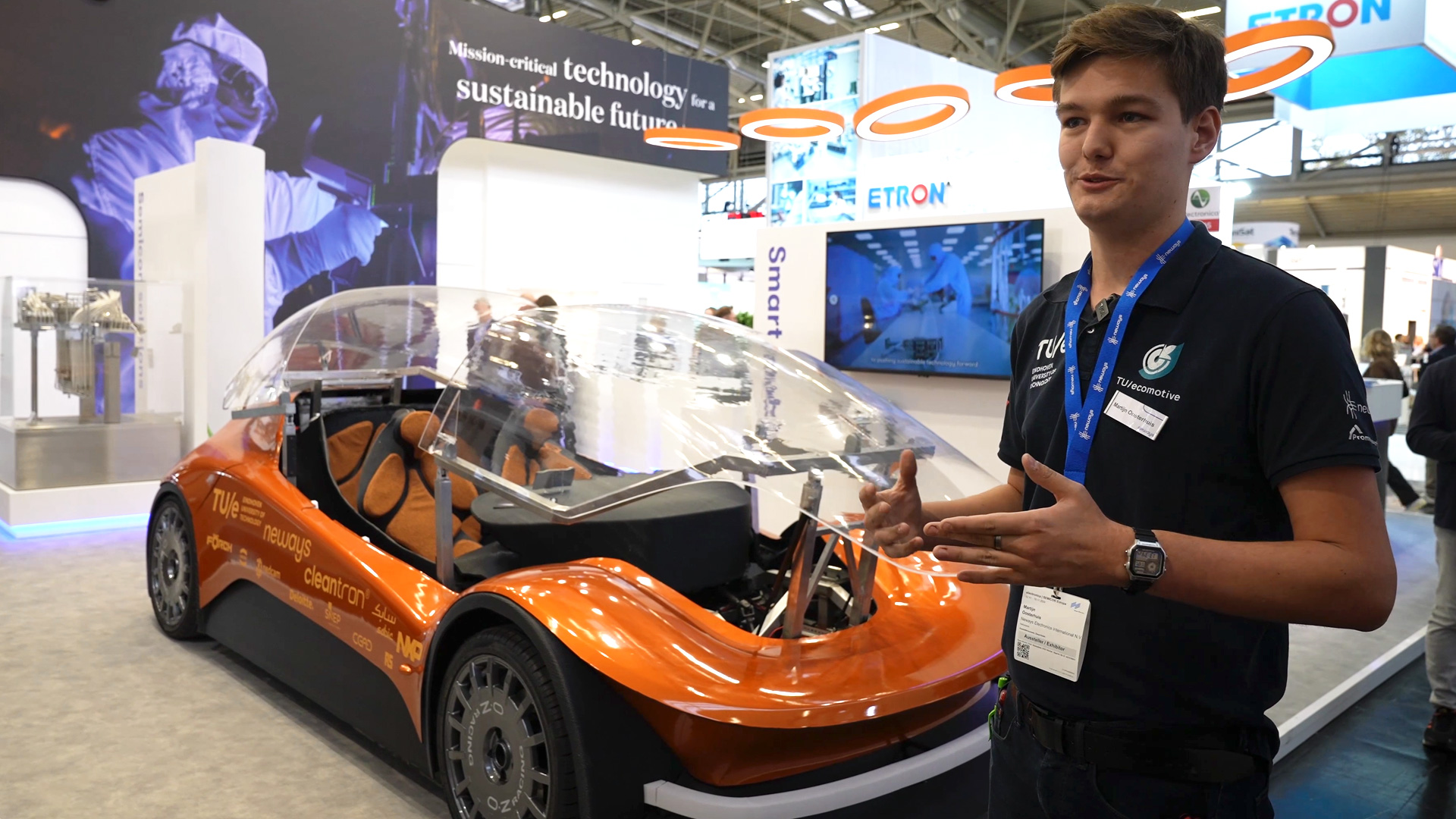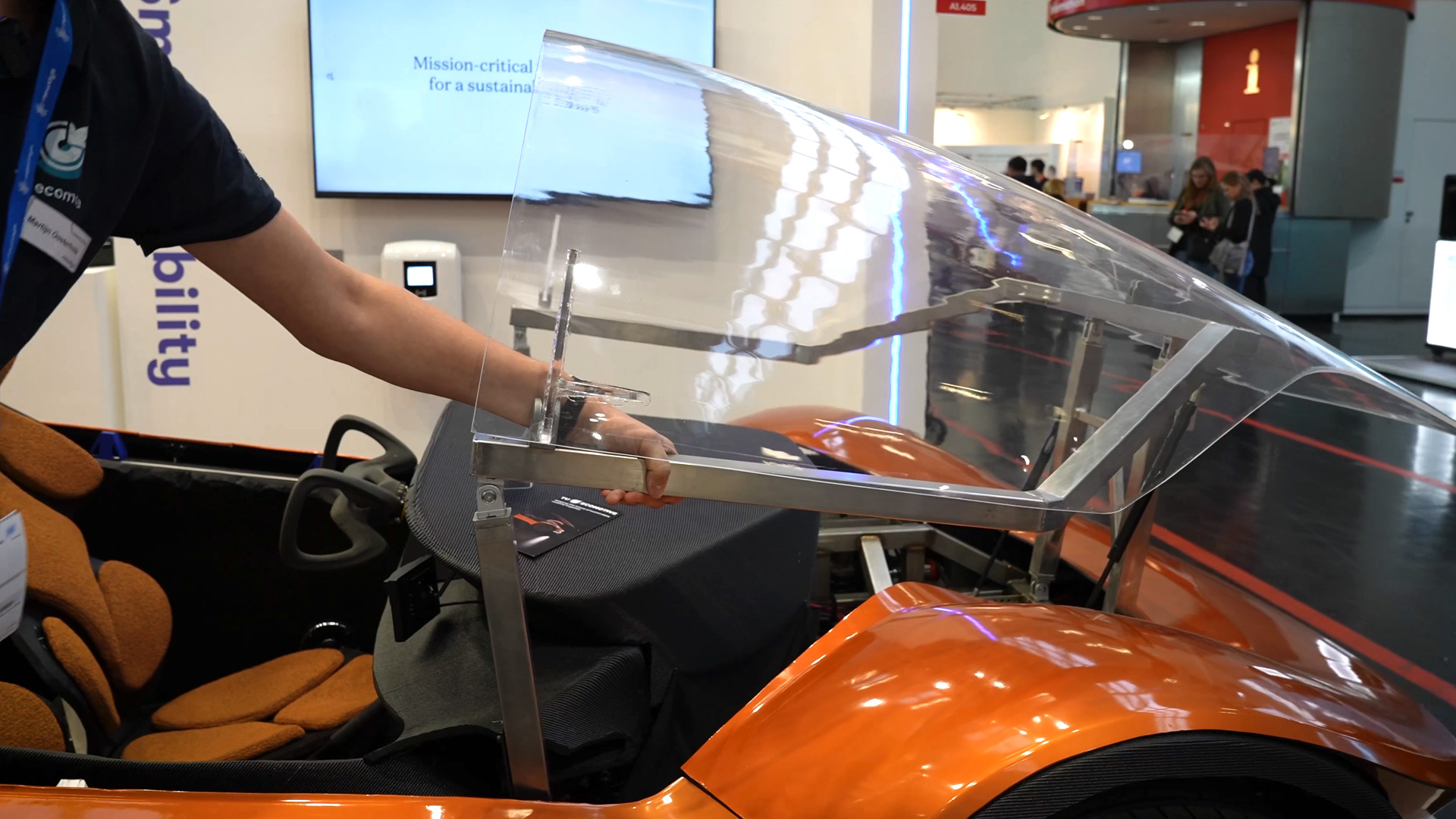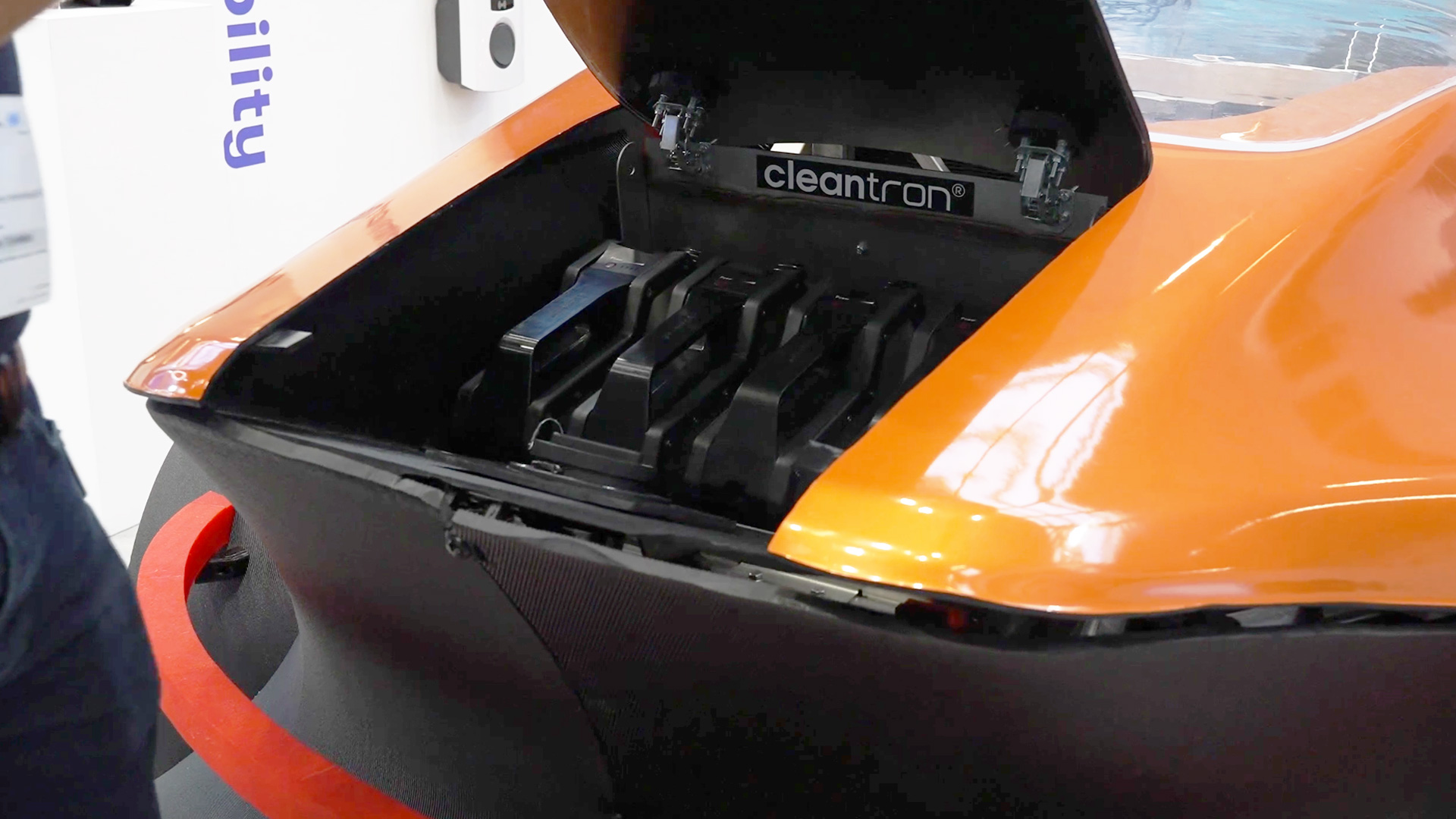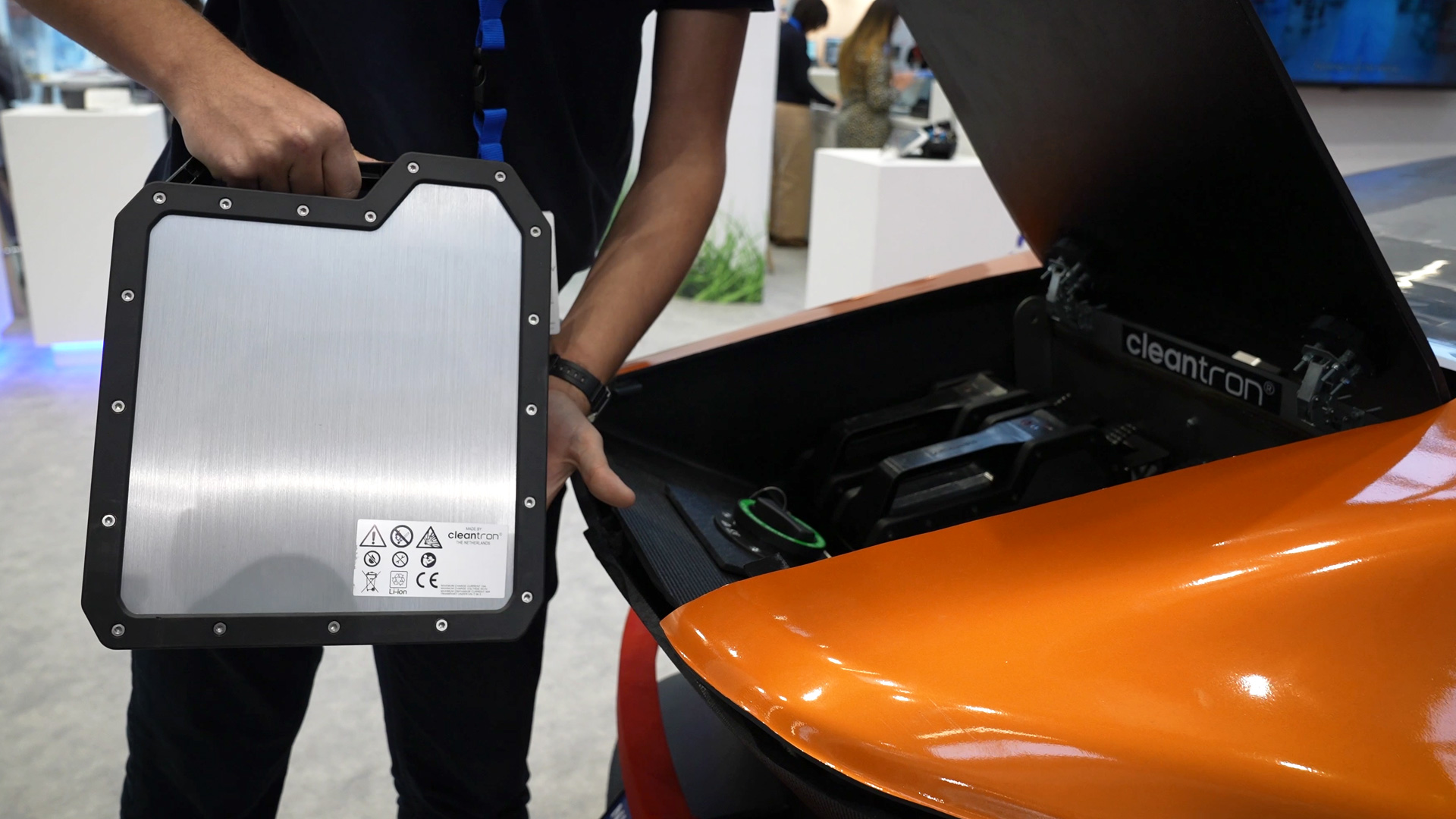TU/ecomotive is a student team at Eindhoven University of Technology dedicated to the development of sustainable mobility solutions. Since 2012, the students have designed and built several concept vehicles that demonstrate innovative approaches to reducing CO₂ emissions and promoting the circular economy in the automotive sector. Each project aims to demonstrate the possibilities of sustainable materials and technologies and inspire the automotive industry to adopt greener practices.
The Phoenix Project is an impressive prototype developed by a Dutch team of around 20 students. Within the space of an academic year, they realized their vision of a sustainable and recyclable electric car. Working on the concept either part-time or full-time alongside their studies, the students created a vehicle that combines innovative recycling and construction principles. The focus was on using and combining materials in such a way that they can be easily disassembled into their individual components at the end of their service life and reused in high-quality recycling loops.



A central element of the Phoenix project is the promotion of a closed recycling loop. The vehicle was designed to eliminate the use of adhesives, instead using simple joining methods that allow for easy disassembly. For example, the floor of the vehicle is 3D-printed PC-ABS, while other parts are made of ABS or PMMA. These materials are processed in such a way that they can be reused without loss of quality – a significant step towards sustainability. The aim is to make high-quality polymers available for automotive engineering again, instead of using them in low-quality plastic products.



Another milestone of the Phoenix project is the modular battery system. The vehicle's range can be flexibly extended by adding additional battery modules as needed. These modules not only provide a longer range for longer trips, such as vacations, but can also be used as household energy storage. A leasing or sharing model for these battery modules could conserve resources by eliminating the need to transport unused batteries in vehicles.
Although the prototype in its current form is not suitable for road use, it demonstrates the potential of sustainable vehicle development. The students hope that their work will inspire automotive manufacturers to integrate sustainable and recyclable materials as well as modular concepts into vehicle production. The Phoenix is a fully electric vehicle that not only sets technological innovations but also new standards in resource conservation. With the support of partners such as Neways, who provided the students with industry-related knowledge, the project was realized in a very short time. Phoenix is a symbol of the possibilities that creativity, engineering and the will to achieve sustainability in the automotive industry open up.